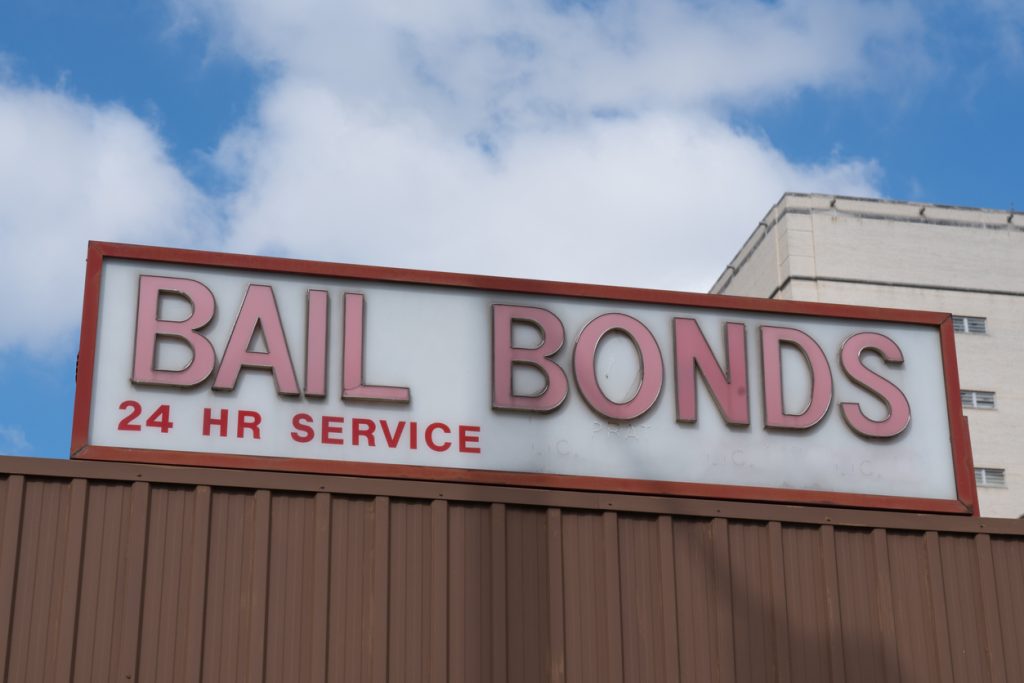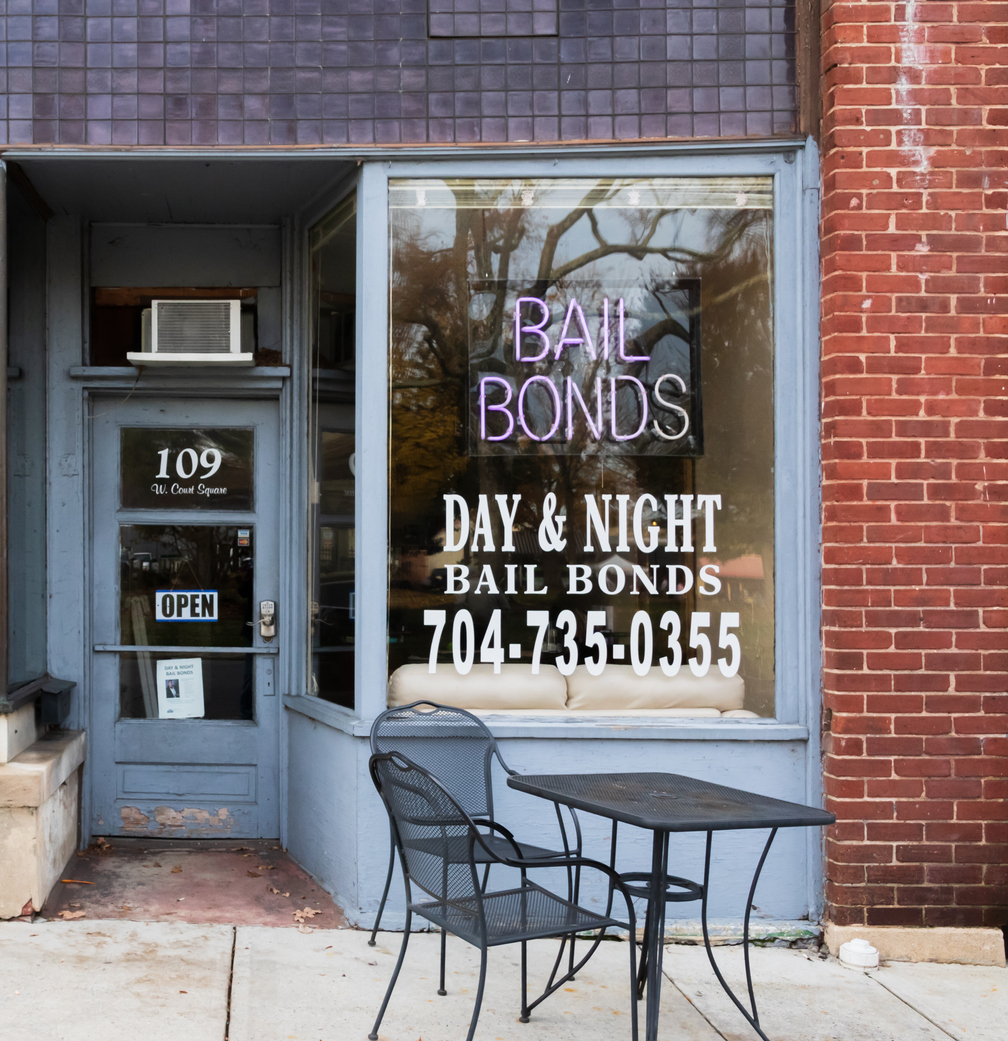If you or a loved one have been arrested, you’ve probably heard the term “bail” before. Even if you don’t have experience in the justice system, you probably have a decent understanding of the term from things like social media, TV and more. But understanding what bail is and how it works can make one part of a criminal case a little more simple.
What is bail and how does it work?
If you’re arrested, you will usually appear before a judge (or a magistrate) within 24 or 48 hours. At that hearing, which is often called an arraignment, the judge (or magistrate) will set an amount for your bail. This amount depends on a lot of different factors. But, in serious cases, it can be tens or hundreds of thousands of dollars — and maybe more.
The term “bail” refers to the amount you must pay before you or your loved one can be released before trial or sentencing. You’ll pay this amount and promise to appear for all court hearings and comply with a number of release conditions. In exchange for the money and your promises, the court will release you from jail until your trial or sentence.
As long as you show up to court and comply with the conditions while your charges are pending, you get the money back at the end of your case. But, if you miss a court date or break a rule, the court will keep the money. As Prison Policy Initiative discussed here, some governments use this money to help with their budgets. The more people who lose their bail money, the better for these places.

How do people afford to post bail?
If you’re wondering how people afford bail, you’re not alone. Most of the people in the criminal justice system are poor. Because they can’t afford it, they stay in jail for years — even if they aren’t guilty. And, as time goes by, the criminal justice system is treating poor people worse, not better. But you can still post bail even if you can’t afford it.
In an ideal world, the court will accept a personal-recognizance bond (also known as a “PR bond”). If that’s the case, you stay released as long as you follow the rules. But judges don’t allow PR bonds often. So you may have to turn to a bail bondsman for help affording bail.
A bondsman will pay your bail for you, and then you pay the bondsman a fee (usually 10% of the bail amount). Collateral secures the rest of the bail amount. An example might be your home. If you have a $20,000 bond, you can give the bondsman $2,000, and they’ll pay your bail. If you comply with your release conditions, the bondsman gets their money back, and everyone is happy. But, if you don’t, the bondsman can go after your home to get the money back.
Bail bondsman help in a lot of ways. In many cases, people wouldn’t be able to afford bail without them. But it’s important to remember that they’re in it for the money. They work hard to keep the system in place.
The Takeaway:
Bail is pretty much what you think it is. You give the court money. As long as you follow your release conditions, you get the money back when your case ends. But if you don’t, you lose the money. Governments use this money to help with their budgets. And bondsman use the bail system for their own profit.






